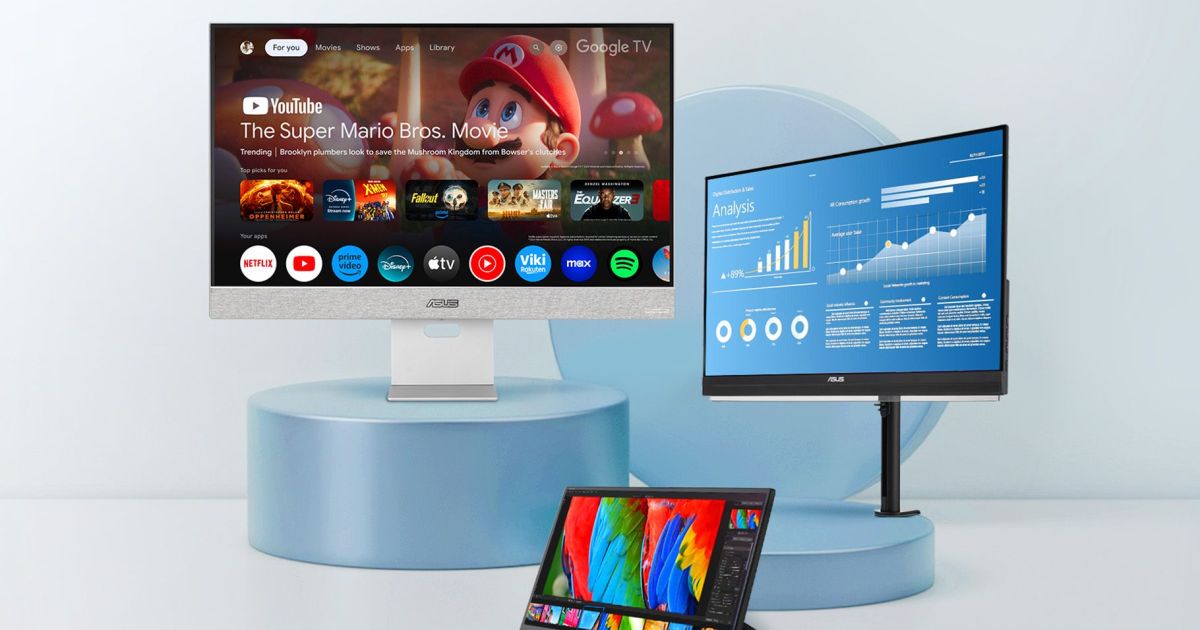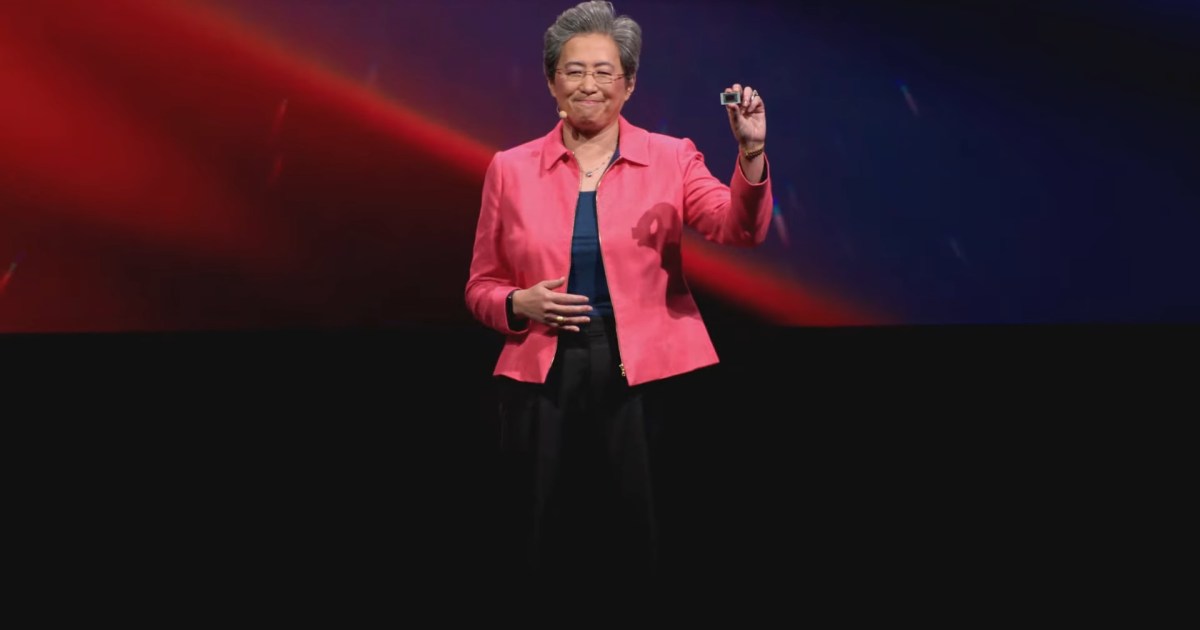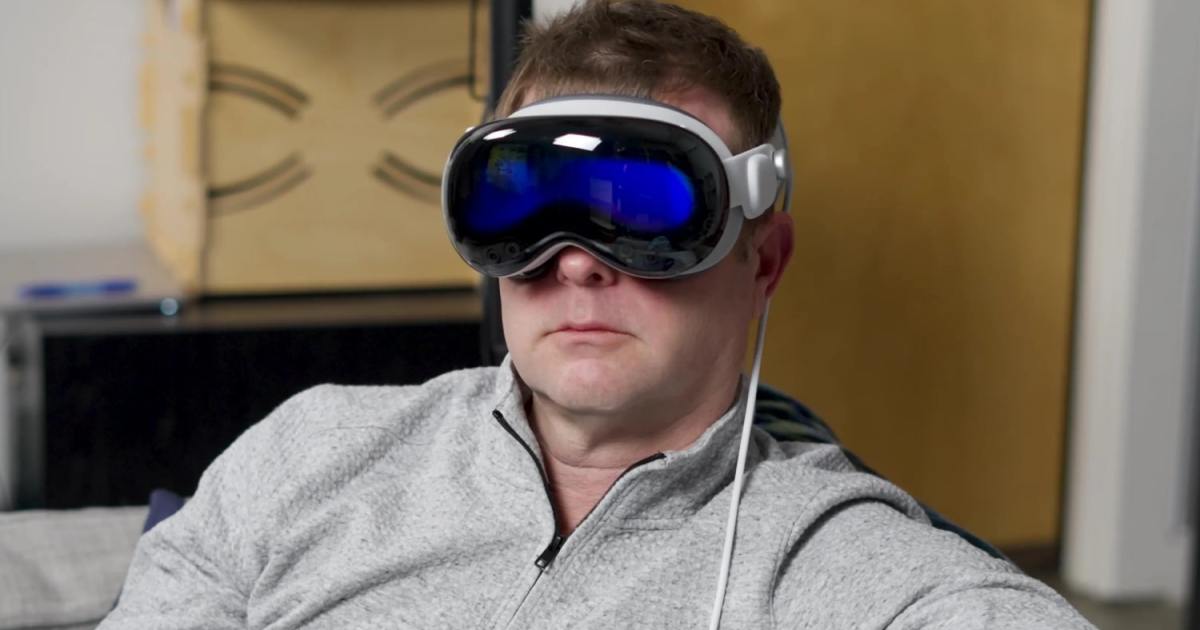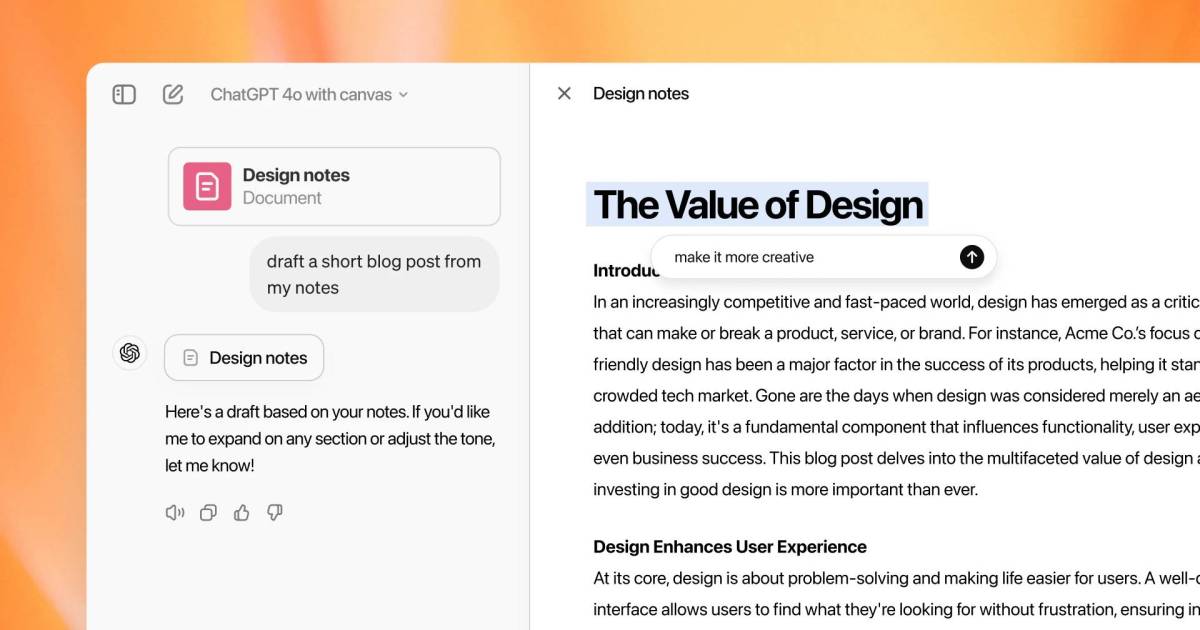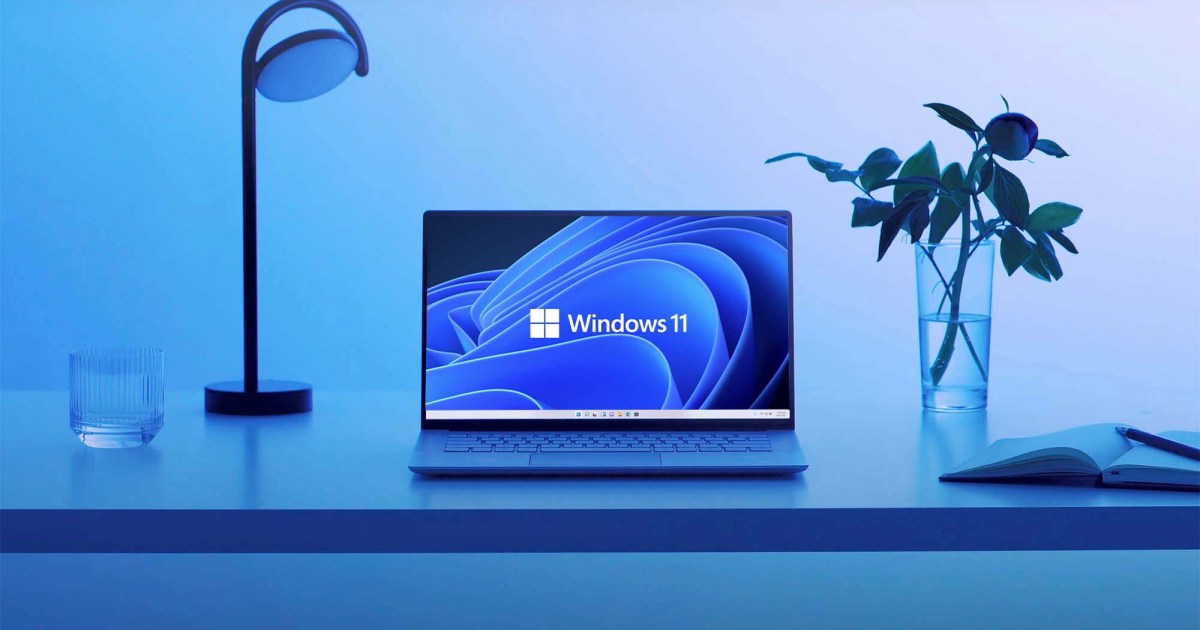The NZXT Flex gaming PC rental program recently came under fire following a Gamers Nexus YouTube video exposing issues with its pricing and terms. NZXT founder and CEO Johnny Hou has publicly acknowledged the criticisms and promised improvements.
Gamers Nexus’s video highlighted several concerns, including the long-term costs significantly exceeding the hardware’s value, effectively locking customers into a costly rental agreement with limited ownership options. The video characterized the program as exploitative, prompting a response from NZXT.
In a company video, Hou admitted, “I want to acknowledge that we messed up.” He committed to addressing customer concerns and enhancing the program, though specifics remain limited.
Hou clarified alleged misconceptions, addressing the confusion stemming from overlapping names between the rental program and prebuilt PCs like the Player 3 Flex. NZXT will rename the subscription service to eliminate this ambiguity. Additionally, misleading advertising campaigns portraying the program as an ownership model have been removed, with a commitment to accurate representation moving forward.
Regarding subscription price increases, NZXT attributed these solely to state-mandated taxes, emphasizing prior notification to subscribers and the option to cancel. Hardware specification variations were explained as a result of supply chain difficulties. The program guarantees compatibility and biennial upgrades instead of fixed specifications.
Finally, addressing data privacy anxieties, NZXT assured customers that returned PCs undergo thorough data wiping and updated its legal policies to explicitly prohibit the sale of customer data.
While NZXT is known for quality prebuilt gaming PCs, this controversy surrounding the Flex program has impacted consumer trust. The situation raises broader questions about the ethics of rental-based hardware models. Critics are pushing for pricing revisions, increased transparency, and a renewed focus on customer value.
The Flex program’s fallout underscores the importance of consumer advocacy in the gaming industry. NZXT’s future actions will be critical in determining if the company can regain its reputation and create a program truly aligned with its goal of accessible PC gaming.






